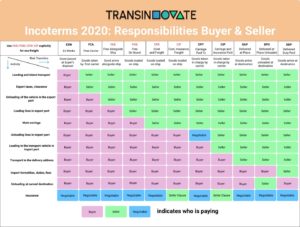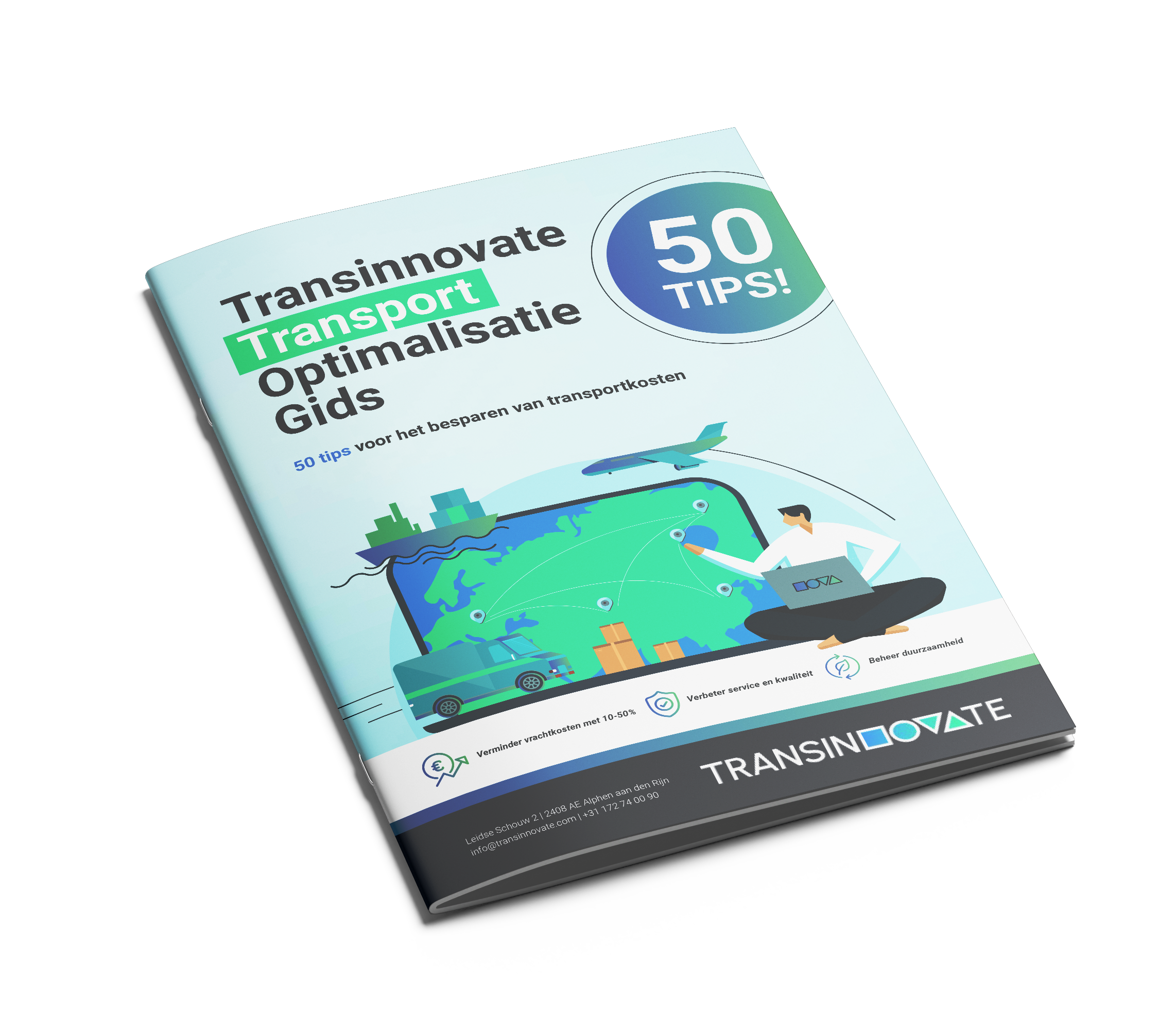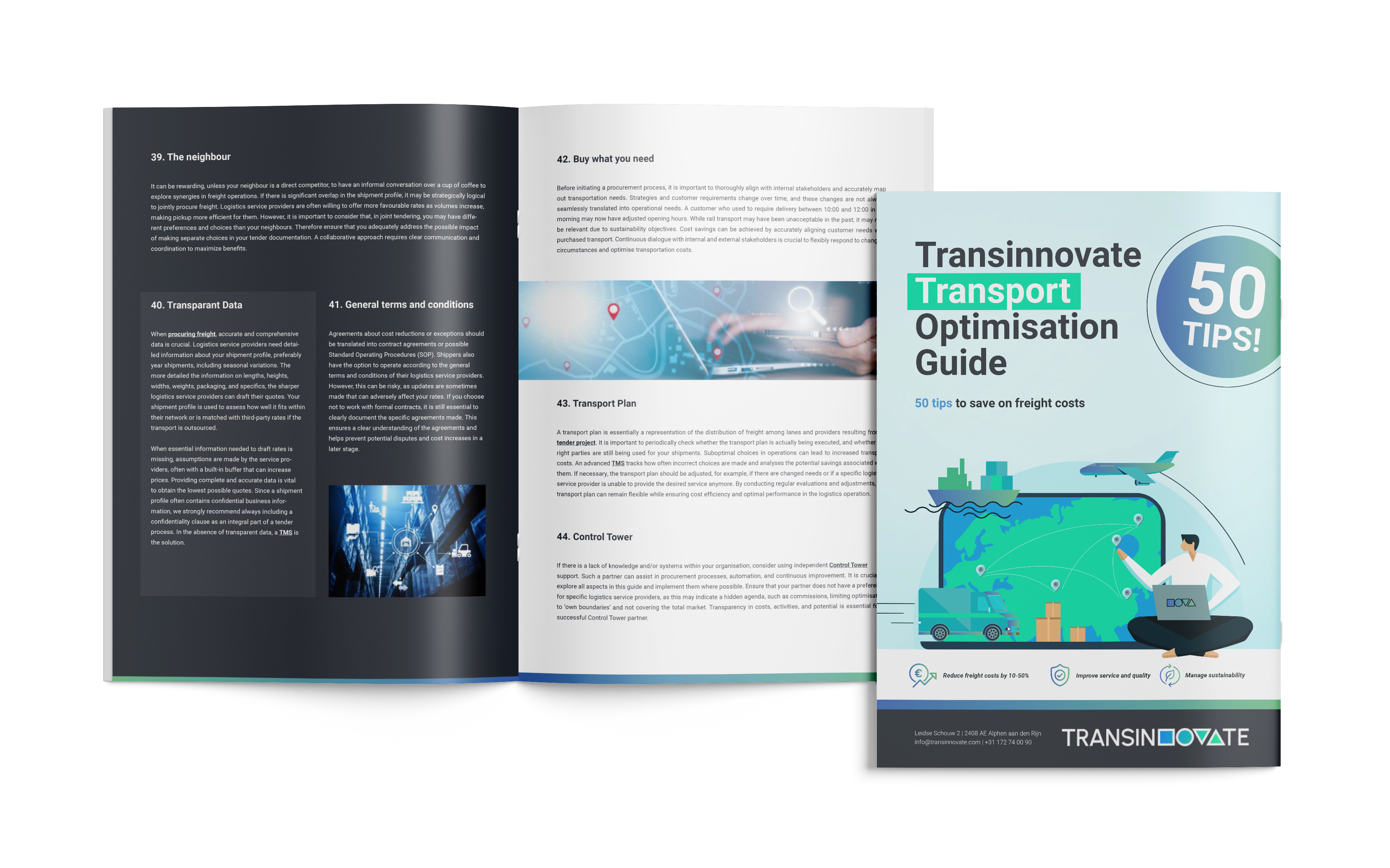We regularly receive questions about which Incoterms should be used in 2025, whether there are any changes from Incoterms 2024 and what concerns there are in relation to procuring transportation. Let's start by clarifying and saying that Incoterms 2024 and Incoterms 2025 do not exist.
The ICC Incoterms® are standardised international delivery terms agreed between buyer and seller. These are rules by which agreements on transport, costs and any damage in transit are made directly worldwide. Every 10 years, the International Chamber of Commerce (ICC) updates Incoterms®.
On January 1, 2020, the latest version, the ICC the Incoterms® 2020, went into effect. So that means the latest Incoterms in 2024 will be the Incoterms® 2020.
Companies may use earlier versions of Incoterms® as long as it is clear which version is being referred to. So the Incoterms used by your company in 2024 may actually still be the Incoterms® established in 2010.
The ICC Incoterms® govern the following:
1. Who arranges transport and to where, who arranges transport insurance and who is responsible for any import and export permits.
2. Who pays transport and ancillary costs, such as for loading and unloading, clearance and packaging.
3. When the risk of loss or damage to the goods passes from the seller to the buyer.
ICC Incoterms® 2020 has 11 delivery terms (incoterm® rules).
Four of them are specifically for waterborne transport. The other seven apply to all types of transport (multimodal transport). Which ICC Incoterms® to use depends on the type of transport and the agreements between seller and buyer.
Below, we visualise the differences for each incoterm® for you. Further describe for each incoterm® rule what it means.

Multimodal transport
EXW
The Incoterm® Ex Works (EXW) entails the least obligations for the seller. He only has to get his goods ready for the buyer at an agreed place - often his business premises, workshop or warehouse. EXW should really never be used in cross-border transport because of customs activities that cannot practically be done by the buyer. Read more about the EXW incoterm here.
CPT
The Incoterm® Carriage Paid To (CPT) means that the risk of loss or damage to the goods passes to the buyer as soon as the seller hands over the goods to its carrier at its premises or at another agreed loading point. The seller arranges and pays for the transport and related costs to the agreed destination. CPT is fine with an LC and the transport of containers. In the latter case, however, it is wise to agree on Terminal Handling Costs (THC). Read more about the CPT incoterm here.
CIP
The Incoterm® Carriage and Insurance Paid To (CIP) is similar in substance to CPT. The risk of loss or damage to the goods passes from the seller to the buyer as soon as the seller hands over the goods to its carrier at its premises or at another agreed loading point. The seller arranges and pays for the transport and related costs to the agreed destination. The difference with CPT is that with CIP, the seller is obliged to take out goods transport insurance for the buyer. CPT is fine with an LC and the transport of containers. In the latter case, however, it is wise to agree on Terminal Handling Costs (THC). Read more about the CIP incoterm here.
DAP
The Incoterm® Delivered At Place (DAP) imposes many obligations on the seller. The seller arranges and pays for the transport to the agreed destination. He also bears the risk of loss or damage to the goods until he hands over the goods, not yet unloaded, to the buyer at this agreed place of destination (or place of delivery). Because a carrier has limited liability under treaties, it may be wise for the seller to take out goods transport insurance. Read more about the DAP incoterm here.
DPU
Like DAP, the Incoterm® Delivered at Place Unloaded (DPU) imposes many obligations on the seller. The seller arranges and pays for the transport to the agreed destination. He also bears the risk of loss or damage to the goods until the moment he hands over the goods, unloaded, to the buyer at this agreed place of destination (or place of delivery). DPU is effectively DAP including unloading of the goods. As a carrier has limited liability under treaties, it may be wise for the seller to take out goods transport insurance. Read more about the DPU incoterm here.
DDP
The Incoterm® Delivered Duty Paid (DDP) carries the most obligations for the seller. He arranges and pays for transport to the agreed destination. He is responsible for customs clearance and pays any import duties in the destination country, such as import duties and/or import VAT. Furthermore, he bears the risk of loss or damage to the goods until the moment he hands over the goods, not yet unloaded, to the buyer at the agreed destination (or place of delivery).As a carrier has limited liability under treaties, it may be wise for the seller to take out goods transport insurance. For many countries, it is not wise to use this option because the bureaucratic handling of import duties/VAT is often too complex for the selling party. This is better handled in the destination country. Read more about the DDP incoterm here.
FCA
The Incoterm® Free Carrier (FCA) entails slightly more obligations for the seller than the Incoterm® Ex Works (EXW). A seller only has to hand over its goods to (the buyer's carrier) at an agreed place - often its premises or an external location such as a groupage warehouse or a terminal at the seaport of departure. From then on, the buyer bears all transport-related costs, and the risk of loss or damage to the goods. For export shipments to a country outside the EU, the seller is responsible for the export declaration at customs. Buyer and seller are free to take out goods transport insurance for the part over which they have transport risk. FCA should never be used in conjunction with a Letter of Credit (LC). If an LC asks for a Bill of Lading (B/L or BOL) as a condition of payment, a situation may arise where the buyer can frustrate the transaction, for example by cancelling the transport order. The seller cannot then claim its money without a BOL. Read more about the FCA incoterm here.
Transport by water specifically
We recommend using these Incoterms® only when shipping bulk goods (loose loaded) by water, i.e. containerised products only.
FOB
Under the Incoterm® Free on Board (FOB), the seller bears the risk of loss or damage to the goods and all costs, until the moment he delivers the goods on board the vessel named by the buyer at the agreed port of shipment. From that moment, the buyer bears the further costs and transport risk. Read more about the FOB incoterm here.
CFR
Under the Incoterm® Cost and Freight (CFR), the seller bears the risk of loss or damage to the goods until the time it delivers the goods aboard the vessel at the agreed port of shipment. The seller arranges and pays for the transportation and related costs up to the agreed port of destination, but does not bear the transportation risk. CFR is fine with an LC. Read more about the CFR incoterm here.
CIF
The Incoterm® Cost Insurance and Freight (CIF) is similar in substance to CFR. The seller bears the risk of loss or damage to the goods until it delivers the goods aboard the vessel at the agreed port of shipment. The seller arranges and pays for the transportation and related costs up to the agreed port of destination and also bears the transportation risk. CIF is fine with an LC. Read more about the CIF incoterm here.
FAS
The Incoterm® Free Alongside Ship (FAS) means that the seller delivers as soon as it deposits the goods at the agreed port of shipment, alongside the ship named by the buyer. In practice, this means that the seller delivers the goods at the quay, or on a barge located next to the departing ship. From then on, the buyer bears the costs related to the transport and the risk of loss or damage to the goods during transport. The buyer is therefore also responsible for loading the departing vessel from the quay or from the barge. In the purchase agreement, therefore, name the exact loading point, as that is where the risk passes. Buyer and seller are free to take out goods transport insurance for the part they bear transport risk. Read more about the FAS incoterm here.
Relationship between transport procurement and incoterms.
What exactly is the relationship between transport procurement and Incoterms®? Incoterms® is the establishment of a delivery condition between the shipper and its customer(s) and is often part of commercial negotiations. It is important that the person negotiating the commercial conditions is well aware of the consequence of using certain Incoterms® and therefore also uses the correct term appropriate to the modality to be used.
When a shipper purchases transport, it is important to know which Incoterms® apply to the delivery. This enables the buyer to match the purchased logistics services to what has been agreed between sales and customer. Think, for example, about what part of transport we need to organise (and therefore purchase), are there any customs activities that our service provider may need to perform, what about transport insurance, etc. The Incoterms® therefore determine exactly what must be purchased.
Logistics service providers are always keen to know under which Incoterms® shipments are being shipped. This so they know exactly who the paying party is, can prepare any documentation properly, who is responsible for customs activities, etc.
Incoterms® do not include agreements between the shipper and the logistics service provider. In the case of the Netherlands, the AVC (Algemene Vervoerscondities) and abroad the CMR (Convention Relative au Contrat de Transport International de Marchandises par Route = Convention for the International Carriage of Goods by Road) apply.
If you would like to spar about what incoterms® mean for the optimal procurement and execution of your transport and whether you are therefore still using the right Incoterms in 2024, or if you have good or bad experiences that you would like to share with us, please feel free to contact us.




